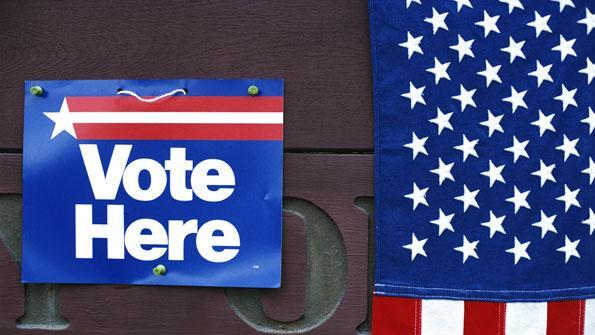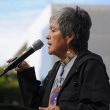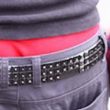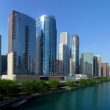New election laws blocked in most states
With elections just two weeks away, the most significant legal development may be the swath of strict new laws that will not be in force when voters go to the polls Nov. 6. From Ohio to Florida, Texas to Wisconsin, laws enacting new requirements for voting or registration have been blocked or delayed, according to The Associated Press (AP).
Several of the new measures would require voters to show photo identification at polling places. Virtually all of those measures have been overturned or put on hold for the 2012 election, including:
- Texas, where a panel of federal judges ruled that a new photo ID requirement violated the Voting Rights Act.
- In South Carolina, a federal court ruled that a photo ID law did not discriminate against minorities, but could not be properly implemented in time for this year’s elections.
- Similarly, a Pennsylvania judge put the state’s voter ID law on hold for the 2012 election. The judge said election officials can ask voters for photo identification but cannot require it.
- Courts blocked Wisconsin’s voter ID provisions, but let stand other parts of a 2011 election reform law.
- Some governors blocked voter ID laws, including Michigan’s Republican Gov. Rick Snyder and North Carolina Gov. Beverly Perdue, a Democrat.
Other new laws changing early voting or registration have also failed. That includes Ohio, where the U.S. Supreme Court recently let stand a lower court ruling striking down a law shortening the number of early voting days, and Florida, where a federal judge blocked a measure restricting voter registration drives.
A voting rights advocate hailed the “remarkable string of victories,” according to AP. But supporters of the tougher voting laws say they will eventually prevail, pointing out that several new restrictions, including photo ID requirements, have been delayed for 2012 but not overturned for future elections.





















If we need stricter voting
If we need stricter voting laws, why not stricter gun laws?
Stricter gun laws only affect
Stricter gun laws only affect (detrimentally) law-abiding US CITIZENS whereas stricter voting laws affect all US CITIZENS by protecting their vote as a US citizen. Stricter gun laws detrimentally affects only those who already abide by the law by putting them at a disadvantage when confronted with the criminally inclined. Stricter gun laws have no affect on criminals already buying guns illegally for illegal activities or on non-US citizens importing or exporting illegal guns for illegal activities. Requiring ID helps deter voter fraud by: (1) weeding out those who vote that are not US citizens and do not have the right or priviledge to vote and (2) eliminating the RIP (Rest in Peace) votes. Stricter voting laws insure that only the living US citizens voices are heard and counted.
It’s very troubling that the
It’s very troubling that the left has consistently fought so desparately to block efforts aimed at simply trying to ensure that all votes are legitimate. It’s NOT racist to try and require that only citizens cast a vote (its the law by the way); There’s nothing sinister with trying to make sure people don’t use a DEAD person’s identity, and that people only vote ONCE. There are ways to easily ensure those of limited means are not excluded from the process. This is much more than just a race issue. One really should question how widespread the voter fraud concern actually is, if the Democrats (yes, it is primarily the Dems that are fighting this) try so hard to eliminate reasonable safeguards to legitimate voting. The integrity of our election processes MUST be the primary concern.